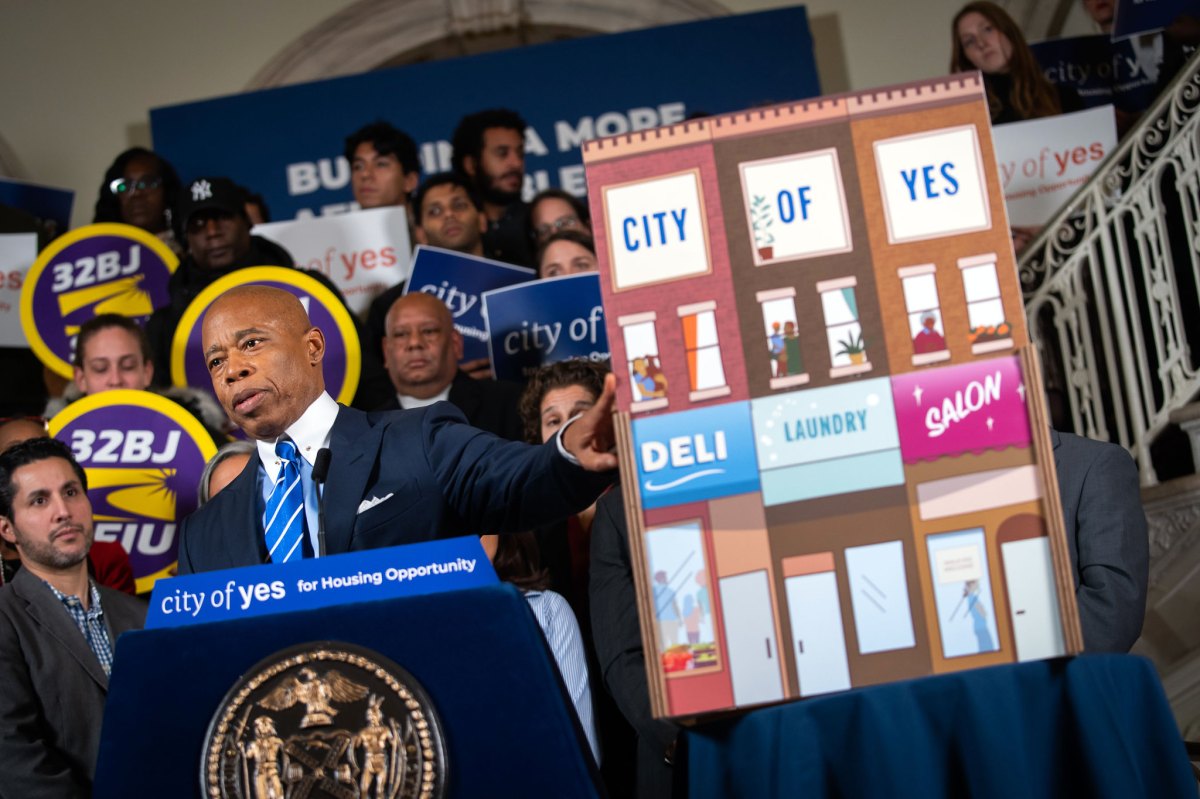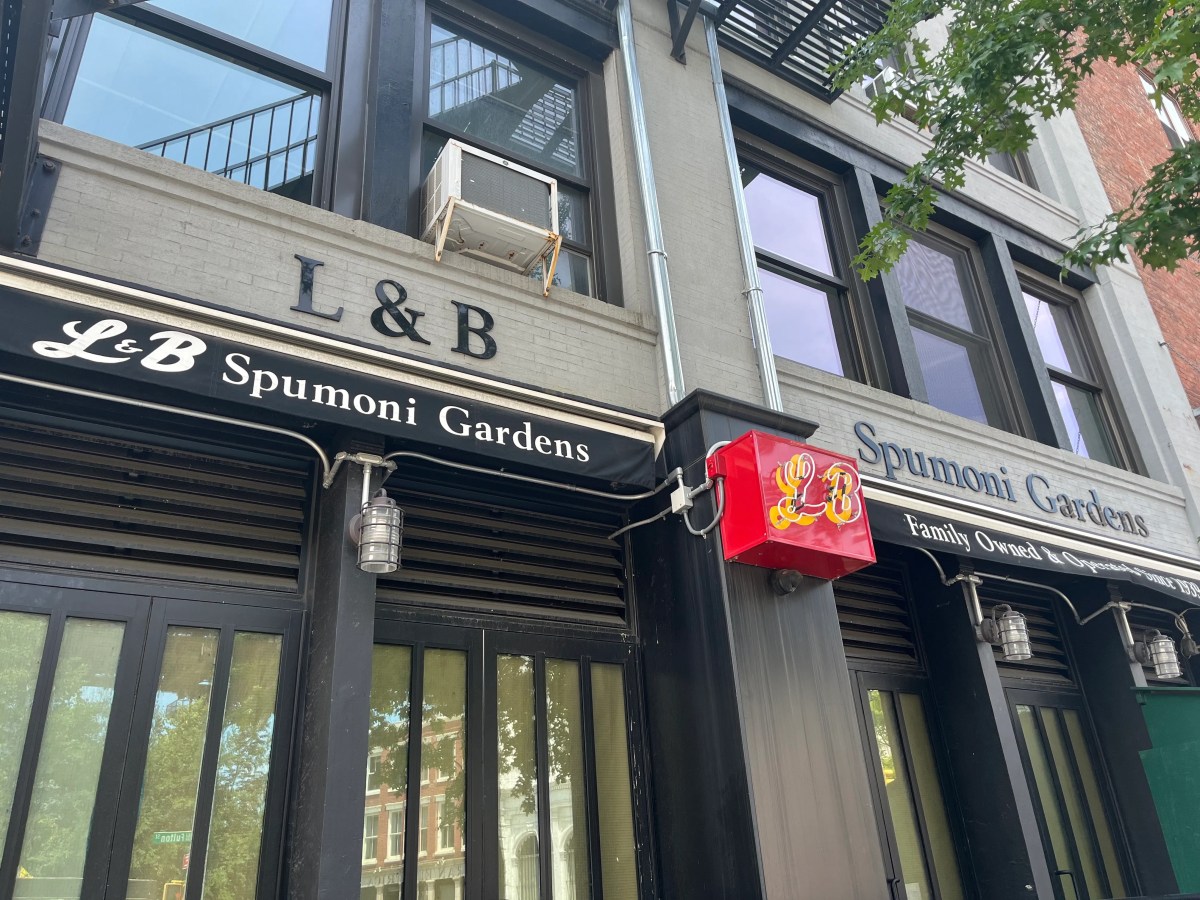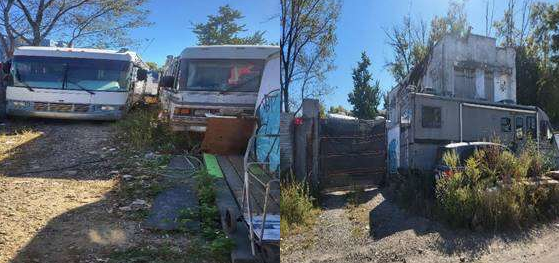After finishing grad school, Joy Parisi and a former classmate threw their savings into a 5,000 square-foot shared workspace for aspiring writers in Union Square called Paragraph.
That was 2005, when “coworking” had not yet emerged as a common term.
Fast forward a dozen years, and providing coworking spaces — offices, desks or other work spaces that can be rented for shorter, more flexible periods — has become the purview of large companies, including WeWork and Spaces, which just signed five local leases.
Amid the boom, niche providers like Paragraph are holding onto their foothold. Some are benefiting from the publicity coworking giants have generated and expanding. Many are emphasizing what makes their portfolios unique, which is increasingly important for any coworking provider, according to Howard Raber, director in the investment sales division at Ariel Property Advisors.
“You are seeing people come into the market and try to differentiate with the different types of services they offer, different types of business models in terms of what type of clients would want to rent there,” Raber said.
Parisi, who is now the sole owner of Paragraph, said the space has attracted writers with its music-free, cellphone restricted environment, and plans to add a second location in Williamsburg by April. (Paragraph also has a bustling kitchen and cafe to escape the isolation of writing.)
“You’re guaranteed silence in that room — it’s lovely,” said Zaina Arafat, a Fort Greene resident, who has been a member at Paragraph for about a year and one-half. “I was like, ‘How could it possibly be any different than going to a coffee shop or staying at home?’ But it’s like something magical happens when you enter the space.”
The Wing, a coworking and community hub for women with events, hair-blowing services and lactation rooms, is also expanding its footprint. The Wing launched in 2016 in Flatiron and has since added outposts in SoHo and Dumbo.
“As more women continue to open small businesses and embark on their own freelance projects, we anticipate we will see a steady demand,” said Audrey Gelman, The Wing’s co-founder and CEO.
Alanna Greco, 26, joined The Wing a few months ago, and said it provided an alternative to other workspaces that seemed to invite a “cool contest,” where members seem to be observing and comparing themselves to one another.
“It’s so much easier to just relax, and I think part of it is being in a women-only space,” said Greco, a freelance editor and writer living in the East Village. “They’re (working) really hard to cultivate a community.”
Law Firm Suites, which rents to lawyers, is growing with new coworking arrangements, according to its founder, Steve Furnari.
When Furnari’s legal practice needed room to grow in 2008, he moved to a larger location in Manhattan and planned to cover his bills by renting out extra office spaces to fellow attorneys. Furnari found the model helped his practice and its neighbors because they referred cases outside of their expertise to one another.
Furnari has cultivated a law firm feel by offering plenty of privacy and a higher ratio of meeting rooms. But that is not stopping him from trying out new models. He is expanding in Florida with a space not designed exclusively for attorneys, as well as in Connecticut with a lawyer-specific site inside of a general coworking hub.
“Essentially by running this business and doing it well, other opportunities have presented themselves,” Furnari said.
Despite having a waitlist for offices, The Centre for Social Innovation does not plan to expand, according to its executive director, Shireen Idroos. The centre designs its environments to help nonprofits and others with similar values collaborate and cultivates a sense of community with events like a weekly salad club.
The Centre for Social Innovation endeavors to help nonprofits and socially responsible tenants take off and grow out of their space.
“We’re not a for-profit company that’s looking to just create a lot of spaces,” Idroos said. “We’re really committed to creating social entrepreneurship and creating community . . . really perfecting what we’re doing.”
— with Anne Ehart





































